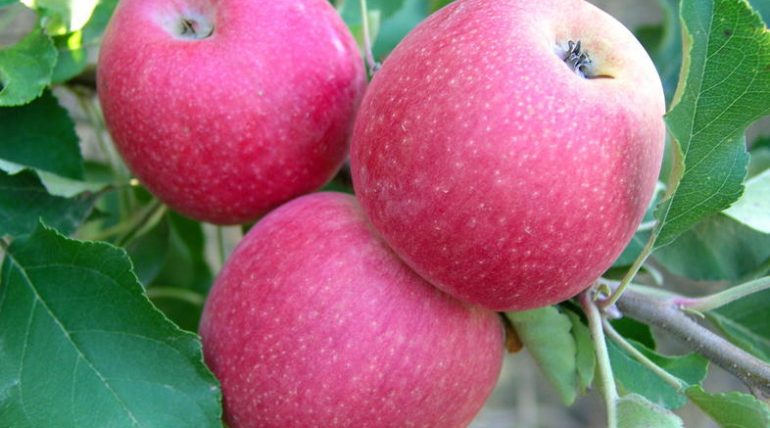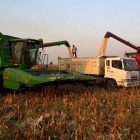Developing the Apple Sector in East Africa
- East Africans love eating fresh apples! Tanzania (TZ) alone currently imports apples valued at $60-70 million p.a., almost all from long-term coldstorage in South Africa; there are similarly large importations of apple juice and ciders.
- In early-2022, reap partnered with other investors to purchase and assume management of Tamu Tamu Tanzania (TTT), a farm with established apple trees 3-4 years old, with a clear vision for it to catalyse development of TZ’s own apple industry. We envisage over coming years significant direct import replacements of fresh apples and juices/ciders, along with thousands of rural TZ families with much improved livelihoods through long-term tree crop developments.
- TTT is the only farm in TZ with the two essential ingredients to be the primary supplier in the country (and further afield in East Africa), of grafted young apple trees—a well-established apple rootstock nursery, plus a range of established, suitably-adapted, modern apple tree varieties to supply scion-wood for grafting. These provide the ideal foundation for producing and distributing high-quality young apple trees to local smallholder farmers.
- There are significant high-altitude (1,600 – 2,800+ metres a.s.l.), cold-climate areas across TZ, especially the Southern Highlands region, well-suited for apple production, and many thousands of local farmers with demonstrated capacity and interest in tree crop production. TTT is already well-engaged with and supporting more than 2,000 of these TZ farmers.
- TTT will in turn leverage these factors to support development of the TZ apple industry, as an off-taker of high-quality fresh apples marketed through our on-farm coldstores, and deploying a mobile juicing trailer to overcome logistics challenges for timely processing of lower grade fruit into cold-pressed apple juice for sale, and fermenting into ciders.
- The positive social impact of this initiative is wide-ranging – by year 6 & beyond, ten (10) well-managed apple trees will yield a TZ farmer with net revenues of $250 per annum, typically a 25-35% increase in current disposable income for the family; reaching 15,000+ farmers in this manner will generate $10+ million p.a. additional income into local communities.





Recent Comments